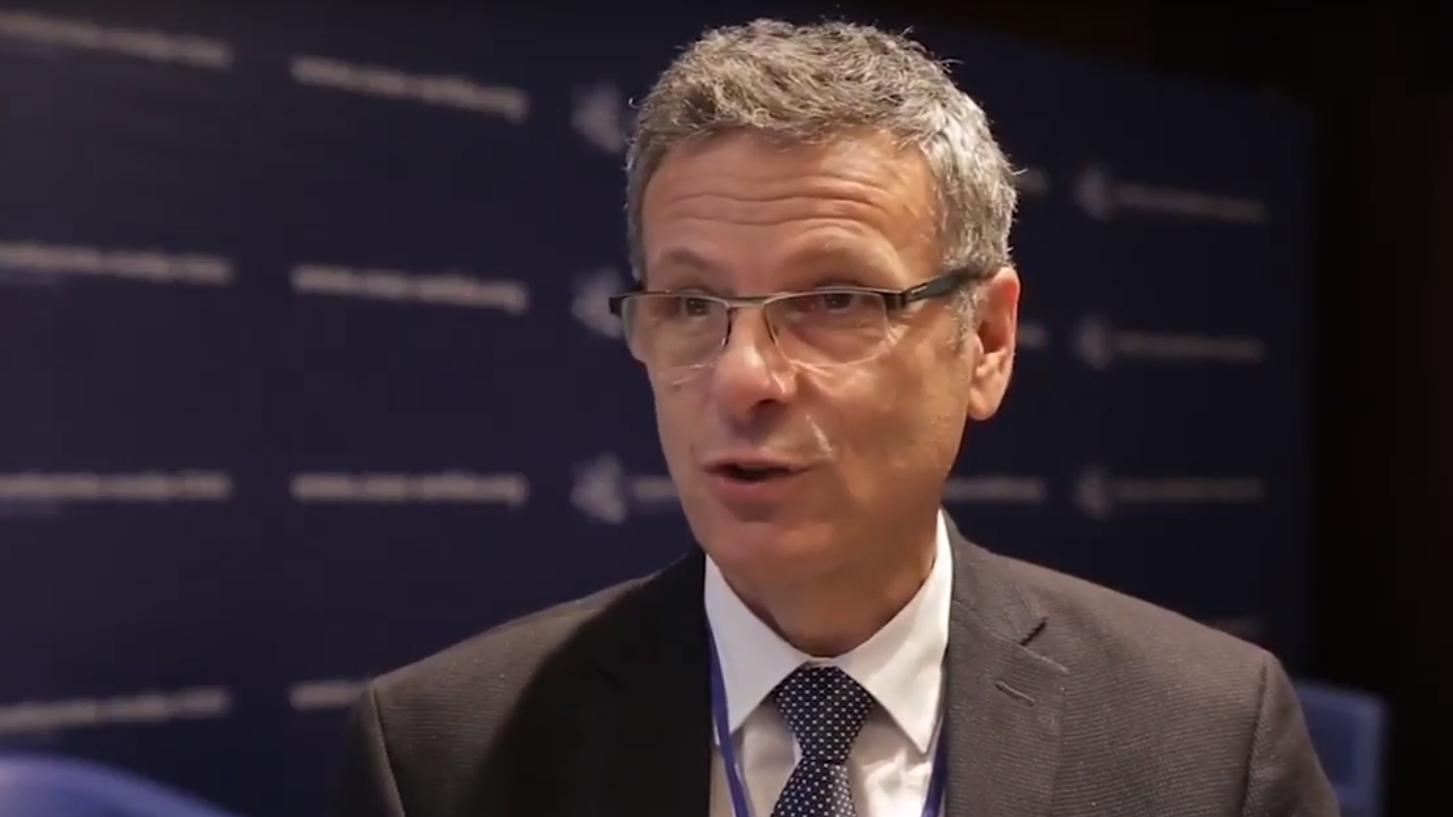Garčević Comments on Ukraine and the West’s “Escalation Paradox”

In an interview with BHRT – Radio and Television of Bosnia and Herzegovina – Ambassador Vesko Garčević, Professor of the Practice of International Relations at the Frederick S. Pardee School of Global Studies at Boston University, addressed Western Sanctions against Russia, the United States’ approach to the crisis in Ukraine and whether its reaction to Russia’s invasion enjoys bipartisan support in the Congress, potential Western military involvement, as well as what risks that action would bear.
Garčević noted that the Western approach to Ukraine resembles a tightrope routine or the so-called “escalation paradox,” meaning they can’t stand still and look at the aggression without taking measures against Russia, but they have to do it carefully to avoid further escalation of the situation. For example, a no-fly zone, as requested by Ukrainian President Zelensky, would lead to direct involvement in the war and confrontation with the Russians. No-fly zones are designed to deny the use of airspace; it implies the engagement with aircraft that refuse to comply with them, in this case with Russian combat fighter jets. Given this, Garčević argues that the rigorous sanctions seem to be the best of all the options at the table.
A recording of the interview can be viewed below.
During his diplomatic career, Ambassador Vesko Garčević dealt with issues pertinent to European security and NATO for almost 14 years. In 2004, he was posted in Vienna to serve as Ambassador to Organization for Security and Cooperation in Europe. He had been a Montenegro’s Ambassador to NATO from 2010 until 2014 and served as Montenegro’s National Coordinator for NATO from 2015 until he joined the faculty at the Pardee School. Learn more about Ambassador Garčević on his faculty profile.